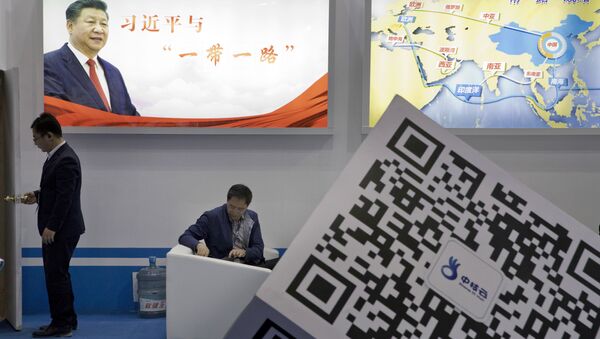However, Alexander Gabuyev, chief of the Russia in Asian-Pacific Region program at the Carnegie Moscow Center, told RIA Novosti that the Silk Road project has so far failed to meet Russia’s expectations.
"So far Russia hasn’t seen much in ‘the belt and the road, because all those expectations about the influx of cheap or politically motivated money haven’t materialized," he said.
As Gabuyev explained, while China did make considerable investments in the Yamal LNG project and SIBUR via the Silk Road Fund, Beijing has merely used the fund as "a wallet which is not connected to the global financial system and therefore immune to the US sanctions."
And while China and the Eurasian Economic Union are currently negotiating on lowering the nontariff barriers between them, such negotiations will likely drag on for several years at least, he added.
All in all, Gabuyev remarked, whether or not China will be the only one to benefit from the Silk Road project depends on the negotiation skills of the parties involved and on "how they can assert their economic interests," adding that Beijing does not seek to force this project upon its neighbors.
"This project is based on the fact that China has considerable economic power, vast capital stock, tremendous experience in infrastructure development and sizeable markets. And China is willing to make it available to the rest of the world in order to facilitate mutual development," Gabuyev said.
On May 14-15, Beijing will host a high-level forum on international cooperation within the "One Belt, One Road" strategy. The heads of 28 states and governments, including Russian President Vladimir Putin are expected to take part in the event.


